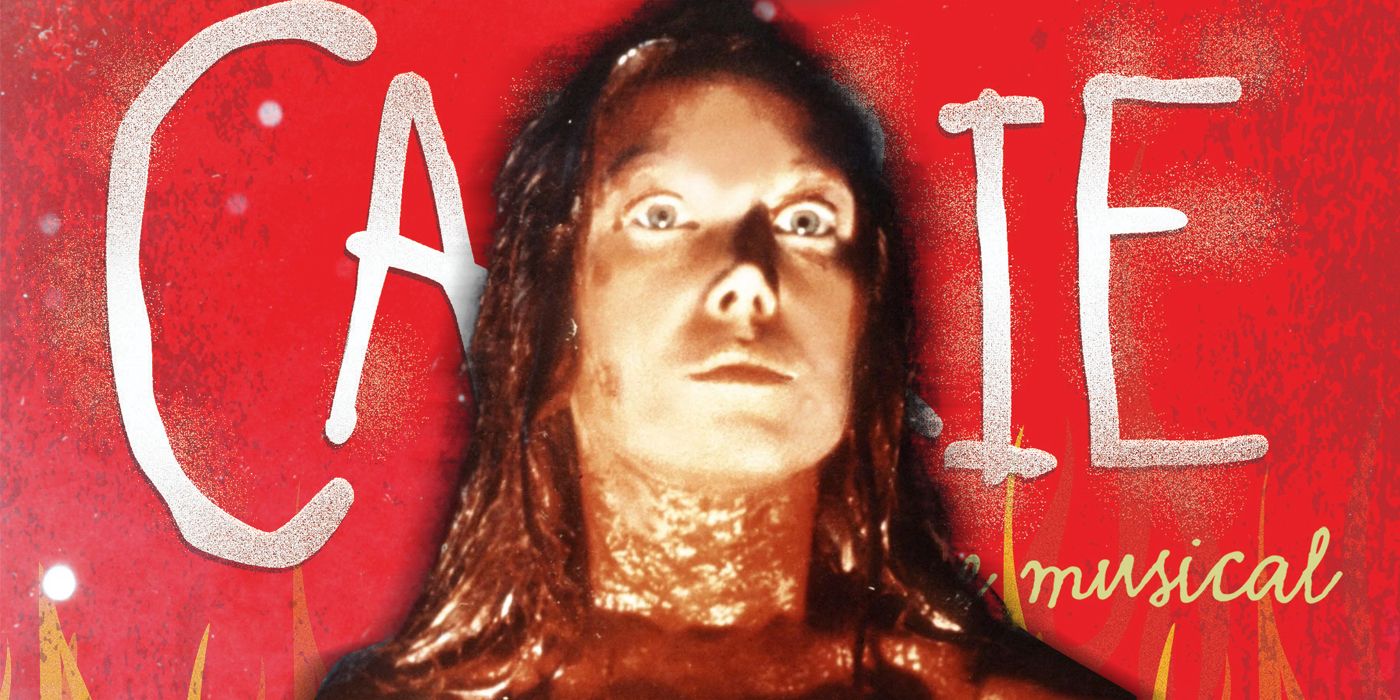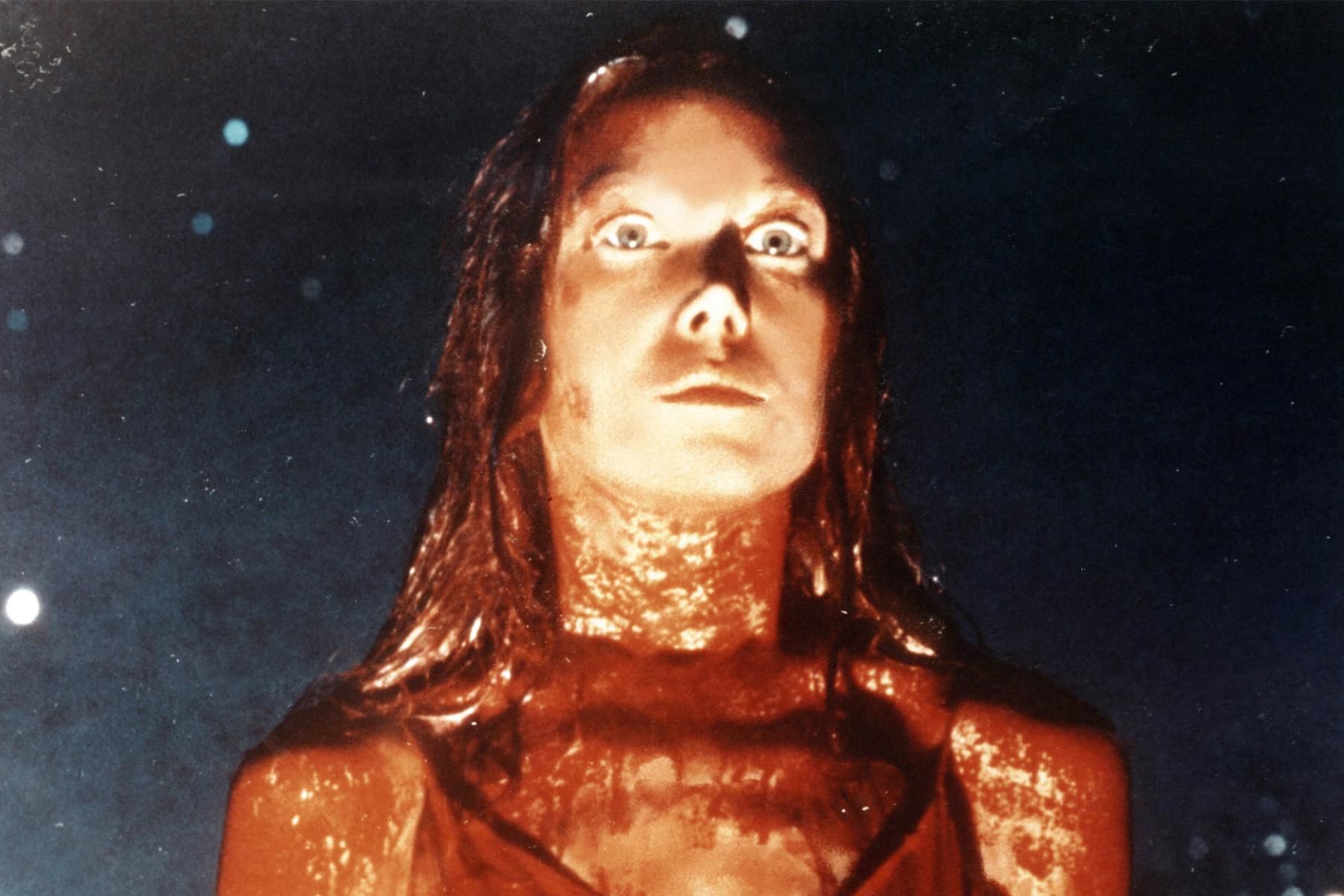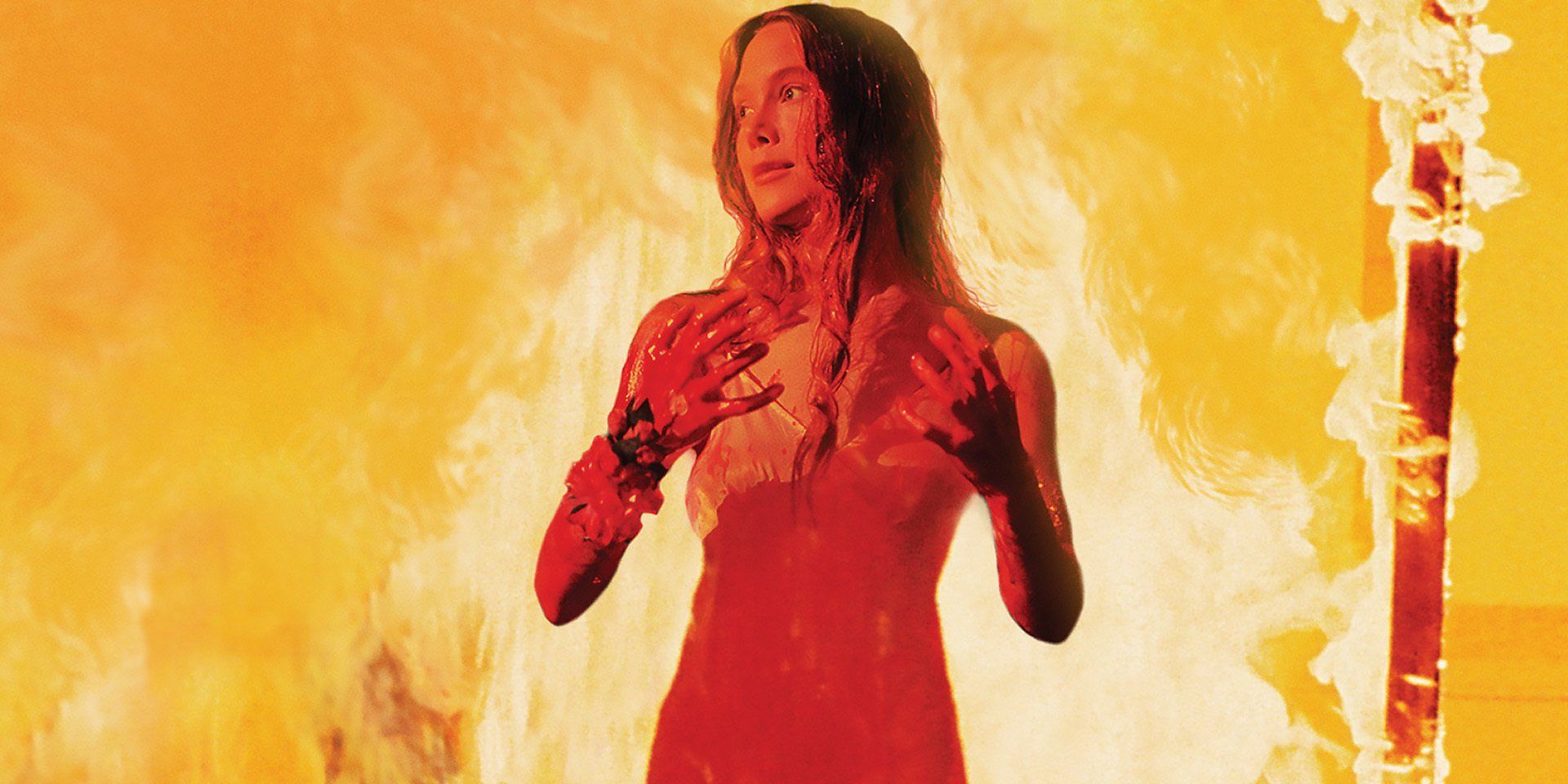In the mid-80s, Stephen King's popularity was at its (first) peak. He had proven himself to be a bestseller machine with books like Salem's Lot, The Shining, Cujo, The Stand, Christine, Pet Sematary and It, all of which had been or would be turned into movie adaptations for theaters or TV. However, what had gotten the ball rolling was a little novel called Carrie.
The novel told the story of Carrie White, a girl with telekinetic powers and a fanatically religious mother. The book came on the heels of another popular title (and movie adaptation) with a similar theme: The Exorcist. Carrie's 1976 movie adaptation, directed by Brian De Palma, was a huge success and even received two Academy Award nominations.
In light of all this success, it is not surprising that producers asked, "What could Carrie be turned into next?" While the answer in 2020 would likely either be a video game or a TV show, the late 1970s and early 1980s thought of something else: a musical. In 1981, Lawrence D. Cohen, who had written the screenplay for De Palma's adaptation of Carrie, began working on a script for a musical adaptation. Plans were made to bring the show to Broadway in 1986 -- a full ten years after the movie.
However, the completion of the musical itself was only the first roadblock for the project; the next was getting enough funding to produce it on Broadway. The original producers pulled out of the project, but just as it looked as if production was doomed, German investor Friedrich Kurz stepped in. Funding was finalized in August 1987, and concrete plans began.
The musical finally premiered on February 13, 1988 -- but not on Broadway. Instead, it premiered in Stratford-upon-Avon, England, home of its co-producer, the Royal Shakespeare Company. Directed by Terry Hands, the show suffered from set malfunctions, one of which nearly decapitated the actress playing Carrie's mother, Barbara Cook. The show was mostly panned by critics, although audiences seemed split over its four week run.
With mixed reactions under its belt, the musical finally went across the pond, a move that cost about eight million dollars. The first preview was staged on April 28, 1988. Reviews and reactions were, again, very mixed. It would remain that way during the remaining fifteen previews. The musical finally opened officially on Broadway on May 12, 1988. Much its English tryout, critics wrote scathing reviews, with the New York Times sarcastically recommending it to “[t]hose who have the time and money to waste on only one Anglo-American musical wreck on Broadway this year.'' After just one show and numerous reviews tearing the show apart, crew and financial backers held a meeting discussing its future.
On May 16, 1988 after a total of just five (sold out) performances in three days, the production was halted. According to the New York Times, it was the "most expensive quick flop in Broadway history" at the time. It should have been the end of the project. But much like many things in Stephen King’s novels, not everything that dies remains dead. Much like notoriously bad movies -- like The Room or Samurai Cop -- the musical gathered a cult following, with video and audio recordings of its Broadway run being circulated and traded. It further received attention thanks to Ken Mandelbaum's book Not Since Carrie: Forty Years of Broadway Musical Flops in 1991.
Finally, on November 20, 2009, producers Jeffrey Seller and Kevin McCollum organized a reading of the script. The duo hoped to revive the most notorious failure in Broadway history. Almost a year later, it was confirmed that Carrie would return to the off-Broadway stage. After previews in January and February, the Carrie revival finally opened on March 1, 2012 at the Lucille Lortel Theatre, where it ran for a month. In 2015, other productions were staged off-West End in London and in Los Angeles to mostly positive reviews.
Carrie used to be the biggest and most expensive flop in Broadway history. However, recent years have somewhat redeemed the show. Not only has its reputation earned it a cult following, but staying off-Broadway probably helped. Stephen King himself has expressed the idea that Broadway has different standards back in 1988 when asked about the show: ''I liked it a lot. In fact, I liked it for most of the reasons that Frank Rich [the New York Times critic] did not. He and I saw the same show. We just drew different conclusions from different perspectives.'' Time has been kinder to the Carrie musical that critics were in the '80s, but even at its lowest point, the show had its fans.



